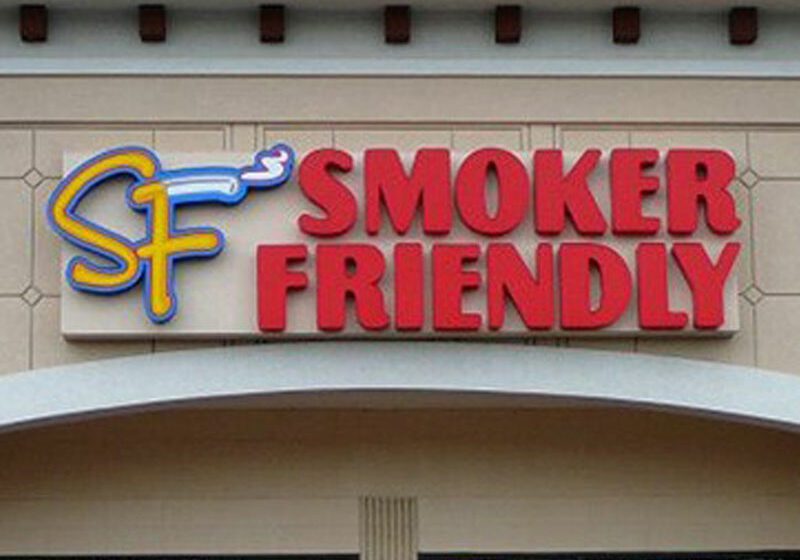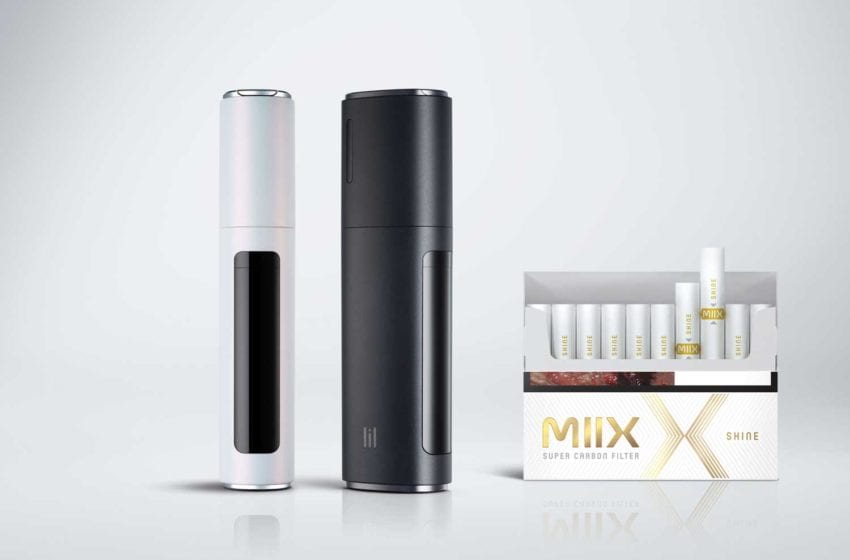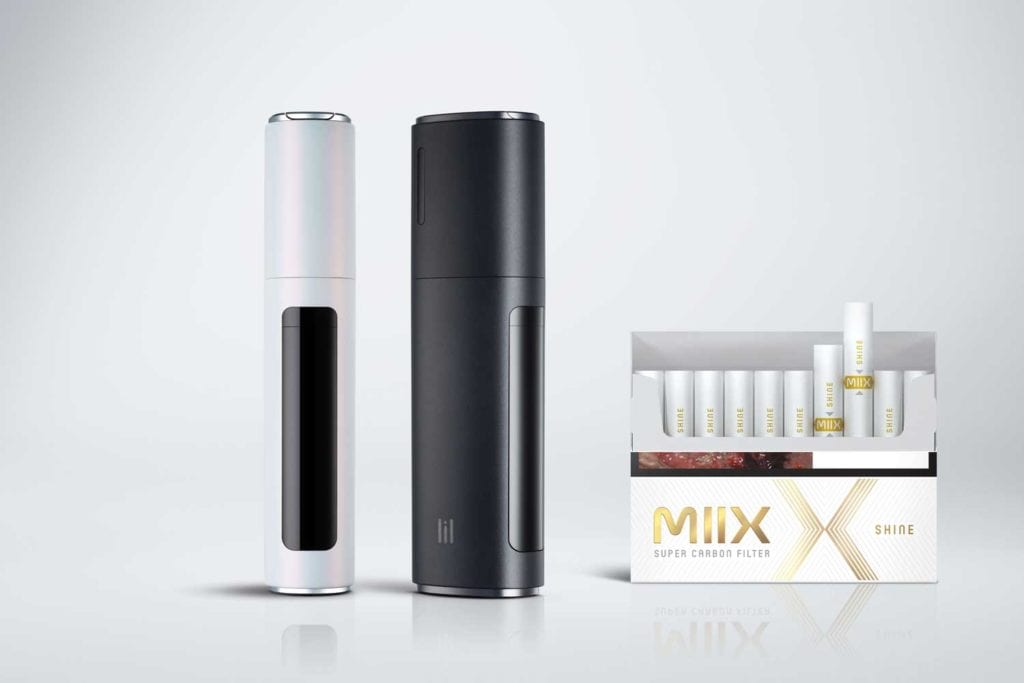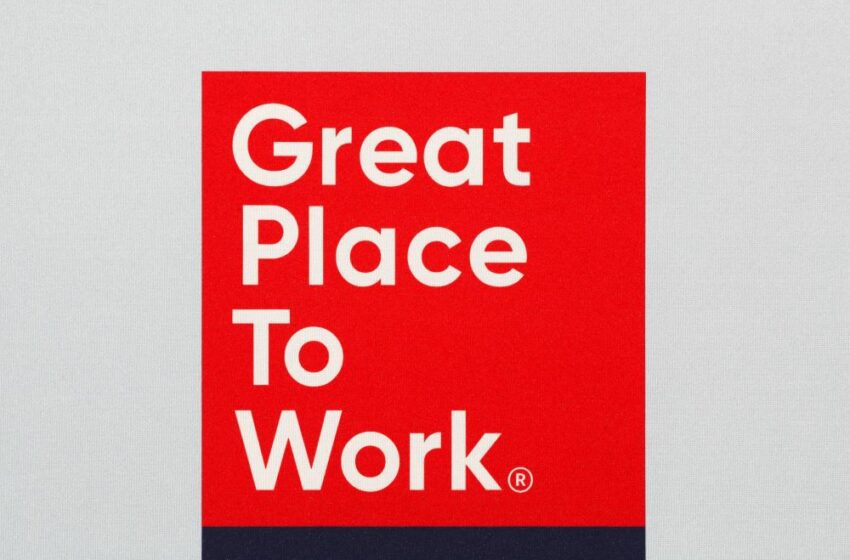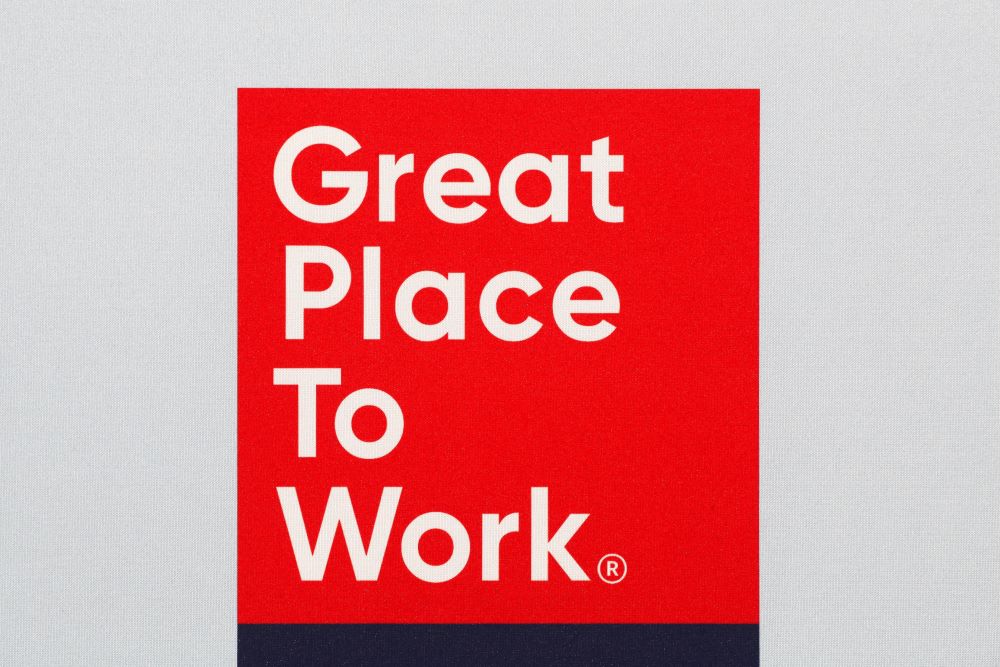22nd Century Group, Inc. and Smoker Friendly have signed a new five-year agreement to expand their collaboration. The deal includes manufacturing 11 existing Smoker Friendly cigarette brands and launching eight new premium products. These additions aim to strengthen Smoker Friendly’s market position by tapping into the growing demand for natural tobacco products.
The agreement deepens a decade-long partnership between the two companies and secures a significant production volume for 22nd Century’s North Carolina manufacturing facility. The new premium Smoker Friendly brands are expected to occupy a higher-tier market segment, broadening Smoker Friendly’s customer base and increasing sales opportunities for both companies.
A key aspect of the partnership is the potential introduction of reduced nicotine content products, which align with 22nd Century’s VLN line of non-addictive cigarettes. These products, designed to help smokers control their nicotine intake, represent a growing category in the tobacco market. The companies plan to expand their collaboration further, integrating additional products like filtered cigars and companion VLN brands.
“Our next focus will be to expand the range of products covered under this agreement as well as our projects currently underway to add VLN companion brands that will help to build out a new category of reduced nicotine content products, creating greater visibility and sales reach for products that use our proprietary tobacco strains containing 95% less nicotine – a level considered to be non-addictive and shown in clinical studies to reduce smoking activity among adult smokers,” said Keelan Gallagher, Vice President Operations at Smoker Friendly.

